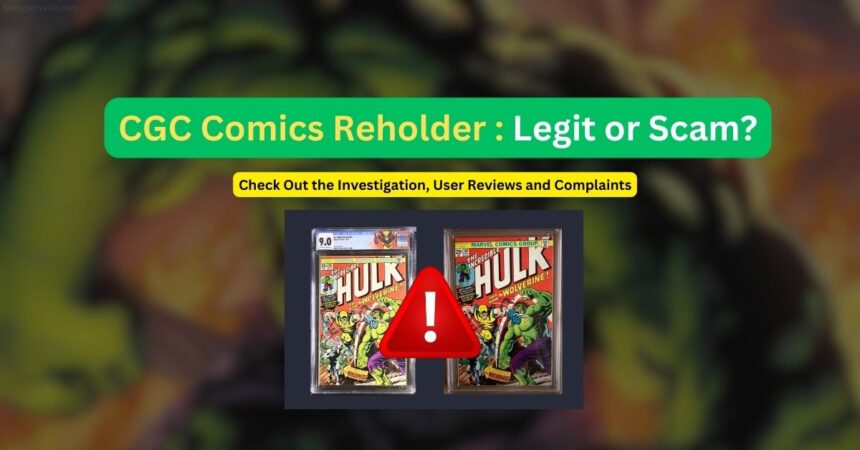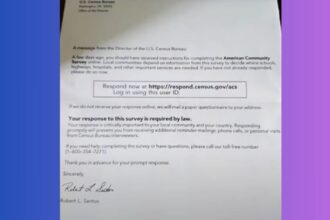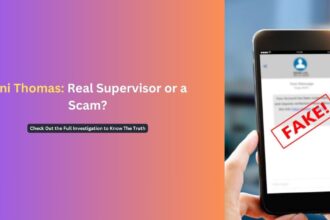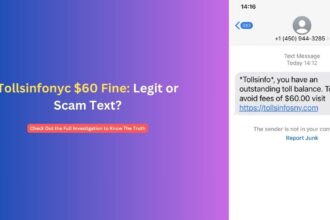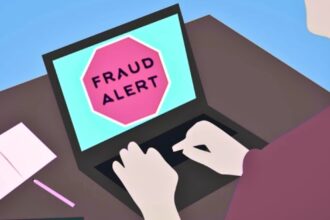A major scandal has recently rocked the comic book collecting community, raising serious concerns about fraud and accountability in the grading and certification process.
This article explores the details of the CGC Comic Book Reholder Scam, providing collectors the information they need to make informed decisions and advocate for improved integrity across the industry. With multi-million dollar comics at stake, it is crucial that enthusiasts stay vigilant against potential manipulation.
Overview of the CGC Comics Book Reholder Scam
The CGC Comics Reholder Scam involves allegations that dealers have been able to crack open certified CGC comic cases, swap the books for lower grade copies, reseal them, and then have them reholdered and recertified based on the original label details. This enables them to vastly inflate the value of the comics and sell them for massive profits.
The scam destroys trust in CGC’s grading process, which is relied upon to guarantee the condition and authenticity of high-value collectibles. It also takes advantage of a speculative bubble around slabbed books. Read on to understand how it works and what actions collectors can take.
How Does the Reholder Scam Work?
The reholder scam exploits vulnerabilities in the CGC grading and recertification process. Here’s how it works:
- The dealer purchases a high-grade CGC slabbed book costing thousands of dollars.
- They crack open the case and carefully swap the original book for a lower grade raw copy.
- The swapped book is resealed so there is no obvious damage.
- It is then submitted to CGC for reholdering with the original label, case, and serial number.
- CGC recertifies the book without thoroughly inspecting that it is the original.
- The dealer now has the lower grade book in a slab stating it is the higher grade. This exponentially inflates the value.
- The book is resold for massive profits, while the original is kept to repeat the process.
This scam is possible due to lax oversight in the reholdering process. CGC does not appear to be fully reevaluating books submitted for recertification. The dealer is exploiting this loophole for profit through outright fraud.
The Collectors Reviews and Complaints
Reviews from the collecting community indicate this scam has been occurring for years. Many feel CGC’s lack of diligence has enabled a breakdown in trust. Here are some of the reviews and complaints that have surfaced:
I purchased an ASM 252 labeled 9.8 newsstand. Later I realized the comic inside was swapped with a lower grade copy. CGC’s negligence cost me over $10k.
CGC is supposed to be the industry leader. This scam exposes them as incompetent. They don’t deserve the reverence they get.
It makes me sick to think my collection may include CGC frauds. This scandal has killed my enthusiasm for comic investing.
The negative response from collectors is a clear indication that CGC needs to address this scam and restore faith in their certification process. A failure to act could have dire consequences for their business.
Is CGC Reholdering Legit or a Scam?
While CGC reholdering itself is a legitimate service, dealers are exploiting it to perpetrate an outright scam through slab manipulation and book swapping. This is a fraudulent abuse of an otherwise valid process.
CGC’s lack of diligent inspection of submissions for recertification has enabled the scam. However, the malintent rests solely with those dealers manipulating slabs and submitting deceptive requests.
The truth is that CGC must increase oversight of reholdering to verify book authenticity and grading details. If they do so, reholdering can remain a useful service. But collectors should verify slabs, buy raw when possible, and advocate for reform.
Red Flags: How to Identify Suspicious CGC Slabs
Since fraud is occurring, collectors should watch for these red flags when purchasing CGC books:
- Mismatched case, label, and comic – may indicate tampering
- Inconsistent wear patterns – suggests a different book was swapped in
- Label notes key details like edition type or inserts, but comic lacks them
- Recent reholder date but selling for a massive premium – possible manipulation
Carefully inspecting CGC slabs and tracking down the original grading notes through CGC’s verification process can help identify deceit. Be wary of sellers hesitant to allow verification.
Tips to Avoid the Reholder Scam
Here are some tips collectors should follow to protect against potential reholder fraud:
- Thoroughly inspect CGC slabs for any signs of tampering before purchase
- Verify serial numbers and grading details directly through CGC
- Avoid purchasing recently reholdered books selling for a steep premium
- Only buy from reputable sellers offering returns and verification
- Consider having valuable purchases regraded and reslabbed by CGC to confirm condition
- Purchase raw books and have them graded yourself when possible
Staying vigilant is key. It also pays to be patient – newly slabbed scams are more likely to be identified over time.
What To Do If You Suspect You Were Scammed
If you purchase a CGC slabbed book that you later suspect may be a reholder scam victim, here are important steps to take:
- Contact CGC directly with the serial number to request previous grading details
- Inspect the comic thoroughly and compare it to the stated grade and notes
- Check forums and groups to see if the book is flagged or being discussed
- Consider cracking open the slab to inspect the comic closely (this voids CGC certification)
- Reach out to the seller requesting a refund or further verification
- Report the book to CGC with evidence seeking a resolution
- File complaints through auction sites or payment providers if needed
- Spread awareness in the community about the suspicious book
Taking action quickly can increase chances of identifying frauds and receiving compensation. Do not ignore red flags.
FAQs
1. How extensive is this scam? Are the majority of CGC books suspect?
While concerning, identified scams so far seem limited versus total CGC books. But increased vigilance is still warranted.
2. Can I trust recent CGC 9.8 grades? Should I only buy raw?
Raw books carry risks too. Verify, inspect closely, and buy from reputable sellers. High grades still often reflect true condition.
3. What is CGC doing to address this? Will they change reholdering procedures?
CGC has remained mostly silent so far. Many collectors are demanding improved reholdering verification processes.
4. Where can I report a CGC comic I suspect is a reholder scam?
Contact CGC directly with evidence of inconsistencies. You can also spread awareness by reporting it on forums.
5. Is CBCS also affected? Should I switch to them for grading?
There are concerns about all major grading companies. CBCS likely has vulnerabilities too. Increased oversight is needed across the industry.
The Bottom Line
The CGC Comics Reholder Scam is a sobering example of how lack of accountability can enable bad actors to manipulate systems and markets for massive profits through outright fraud. By remaining vigilant and demanding reform, the collecting community can work to restore faith in the integrity of comic book grading.
Key takeaways from this reholder scandal:
- Trust in CGC grading has been broken by reholder scam allegations
- Dealers appear to swap books and reseal cases before recertification
- Lax oversight has enabled abuse of reholdering process
- Collectors complain CGC negligence has cost them hugely
- CGC must increase reholdering verification to restore faith
- Be vigilant, patient, and advocate for accountability across the industry
This sobering scam reiterates the need for diligence when high values are at stake. By learning the facts, we as collectors can push back against manipulation and work to improve integrity in the thriving comic market we cherish.
Collectors should inspect CGC slabs closely, buy raw when possible, verify details, and advocate for change. With patience and perseverance, this regrettable chapter may lead to improved protections benefitting enthusiasts and investors alike.
